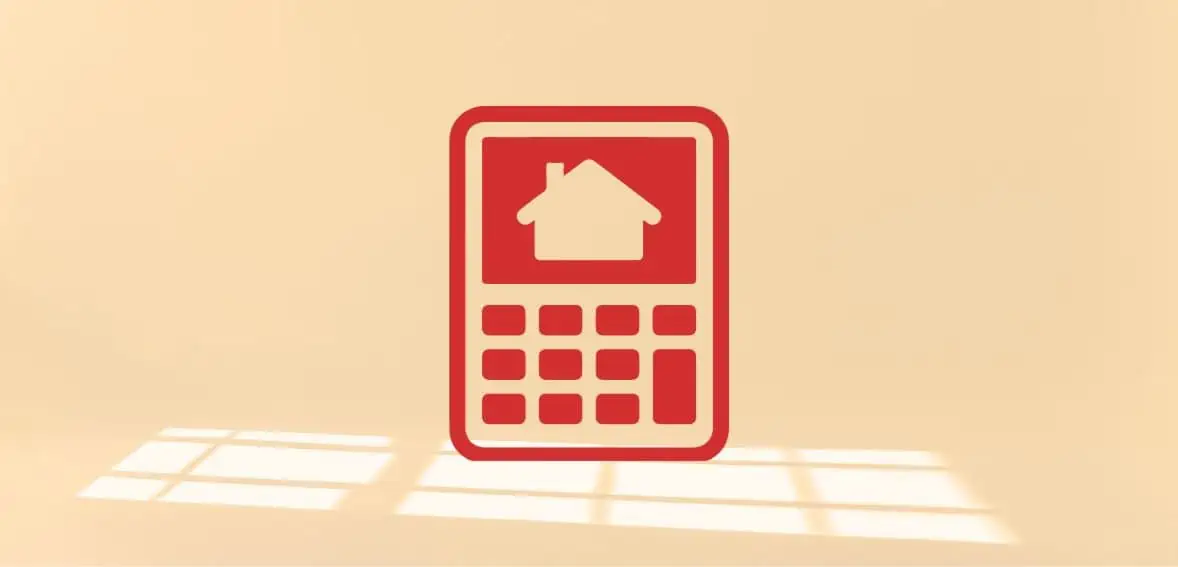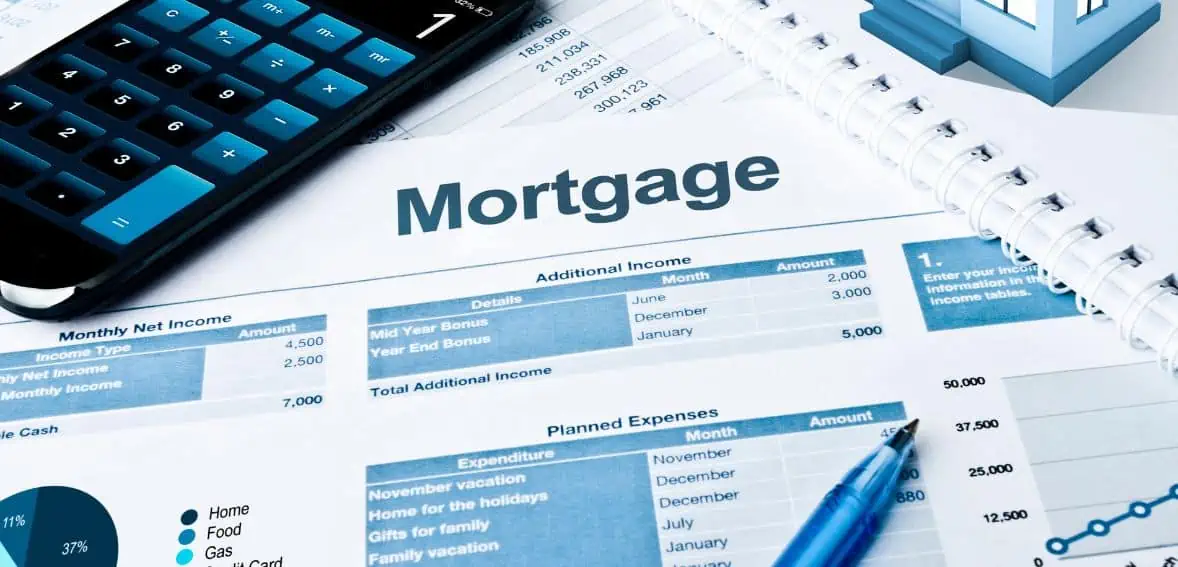Mortgage Calculator
The Mortgage Calculator is a useful tool that gives you an estimate of your monthly mortgage payment and other financial details. You can also input additional payments or adjust the yearly percentage increases for common expenses related to mortgages.
Our mortgage calculator considers various factors that affect monthly payments, including insurance, taxes, HOA fees, PMI, and more. You can also exclude specific input values by setting them to zero in the calculation.
What Exactly Is A Mortgage Calculator?
The mortgage calculator is an excellent tool that helps you understand your home loan options, whether you are purchasing or remortgaging your current home.
This calculator, designed specifically for this aspect of the business transaction, will calculate fees, interest, insurance cost, and tax due on the new property. These results will give the expected monthly payment that will help you know if the house of your dreams can fall into your pocket.
Use Our Free Mortgage Calculator To Understand Your Total Cost For A Home
Utilize our home loan calculator to swiftly gauge your overall mortgage payment, encompassing interest and principal, along with estimates for PMI, home insurance, HOA fees, and property taxes. Input the home price and the down payment to compute your approximate mortgage payment with a detailed breakdown and schedule. Customize the loan details to match your specific scenario precisely.

How To Use This Calculate To Use Mortgage Payments?
Calculating mortgage payments might seem complex, but this Mortgage Calculator simplifies the process for you.
- Start by typing in the home price (value of your house) in the space for the home price provided on the tool. Enter your down payment if buying a property. Enter your equity when refinancing. The first cash you pay upfront for the house is known as the down payment, while home equity refers to the house's total value minus the sum of the remaining mortgage payments left to clear. The amount you will contribute can be either a specific dollar value or it can be expressed as a certain percentage of your purchase price.
- Select the "Length of loan" category. This is usually 30 years; however, sometimes, one may have the option of 10, 15, or 20 years, where our calculator will also make adjustments.
- Enter the anticipated interest rate in the "Interest rate" section. By default, the calculator starts with the current average rate, but you can tweak it as per your case. The rate differs when you are buying and refinancing.
- As you enter these details, the calculator will display the resulting amounts for principal and interest on the right.
Recurring Costs
These costs endure throughout and beyond the life of a mortgage, increasing gradually over time due to inflation.
- Property taxes: Property taxes are managed by county governments and vary depending on the location of the property. Property owners pay approximately 1.1% of their property's value each year as real estate tax.
- Home insurance: Homeowners buy insurance policies to safeguard themselves from accidents and liability claims. The cost of these policies varies depending on factors like the property's location, condition, and desired coverage amount.
- PMI: PMI, or private mortgage insurance, is a safeguard for lenders in case borrowers are unable to repay their loans. In the US, PMI is generally required if the down payment is less than 20% of the property's value. The cost of PMI is usually between 0.3% and 1.9% of your loan amount on an annual basis.
- HOA fees: Homeowner associations collect fees from residents to cover property maintenance and neighborhood improvements. These fees typically amount to approximately one percent of the property's value each year.
- Other costs: In addition to the mortgage and property taxes, there are other experiences that come with owning a home. These include costs for maintenance, regular upkeep, and utilities. Typically, these additional experiences amount to around 1% or more of the property's value each year.
What Are Some Essential Components Of Mortgage Calculator?

Understanding a mortgage involves grasping its fundamental components, which are also integral to this calculator.
Amount of the Loan:
This represents the sum borrowed from the bank. In the context of a mortgage, it is the whole cost of the purchase, deducting any down payment. Generally, the maximum amount of a loan is tied to your income and ability to pay back the loan.
Down payment of the house:
A down payment or an initial payment is money given by the buyer as a token of his interest. It's the amount that a borrower pays in advance toward the cost of buying price. Usually, mortgage lenders prefer payment of at least 20%.
If it is more than 20%, PMI becomes necessary. Borrowers usually need PMI insurance until the remaining loan amount drops below 80% of the home purchase price. Generally, making a payment leads to more favorable interest rates and increases the chances of getting loan approval.
Loan term:
This denotes the duration within which the amount of the loan should be fully repaid. Almost all the fixed-rate loan terms span 15, 20, 25 and 30 years. Shorter periods typically come with a lower rate of interest.
Rate of Interest
The interest rate is a small percent of the loan charged as the borrowing charges. Mortgages offer either FRM or ARM (Adjustable or Fixed rate). With FRMs, the interest rates are constant throughout the loan term. The calculator provided focuses solely on fixed rates.
On the other hand, for ARMs, rates of interest are typically fixed for some period, after which they will be periodically adjusted according to the changing interest rates. The initial rate of interest is usually 0.5% – 2% cheaper than FRMs.
Benefits Of Using A Mortgage Calculator
There are several advantages to using a mortgage calculator. Take a look:
Easily Accessible and Time-Saving
You can find a mortgage calculator free of charge on various aggregator or lender websites. It can be used multiple times to compare different combinations effortlessly. By eliminating the need for manual calculations, it saves you valuable time.
Enhanced Clarity on Loan Details
Using a mortgage calculator provides immediate insights into various loan-related values. By comprehending the loan breakdown, including the interest component, you can determine a suitable tenure that aligns with your budget, thereby facilitating better financial planning.
Improved Financial Planning
A Mortgage calculator assists in the formulation of a well-structured financial plan. Understanding your EMI and interest components beforehand enables the creation of a comprehensive monthly budget and efficient analysis of financial liabilities. With this knowledge, you can effectively plan for prepayments according to your financial comfort.
Consideration for ARMs
In some instances, ARM might be a viable option, particularly if you intend to reside in your home for a brief period. Initial rates for ARMs are typically lower than those for conventional mortgages. For instance, an ARM of 5/6, which maintains a fixed rate for five years before adjusting every six months, could be suitable for short-term plans. However, it's crucial to closely monitor how much your monthly mortgage payment might fluctuate once the introductory rate expires.
Conclusion
A Mortgage Calculator is a valuable resource in understanding the intricate financial aspects of home financing.
Considering various elements like interest rates, loan terms, and additional costs empowers users to make informed decisions. Its ease of use and ability to provide detailed insights significantly contribute to effective financial planning and informed decision-making.
The principal of a loan refers to the outstanding balance of the borrowed amount, exclusive of the interest, which represents the cost of your loan.
A down payment or an initial payment is money given by the buyer as a token. It is usually around 20%. It should be added to the loan amount to cover the total value of the home. You can leverage Zillow's down payment assistance page and questionnaire tool to uncover potential aid funds and programs that you might be eligible for.
The interest rate represents the fundamental charge for borrowing money, whereas the APR includes both the interest rate and the lender fees. APR provides a comprehensive view of the total cost of a financing offer, shedding light on the correlation between the rate and associated fees.
Get Started
Fill out the fields below and a Host Merchant Services representative will contact you. Your submitted information is private and secure.
